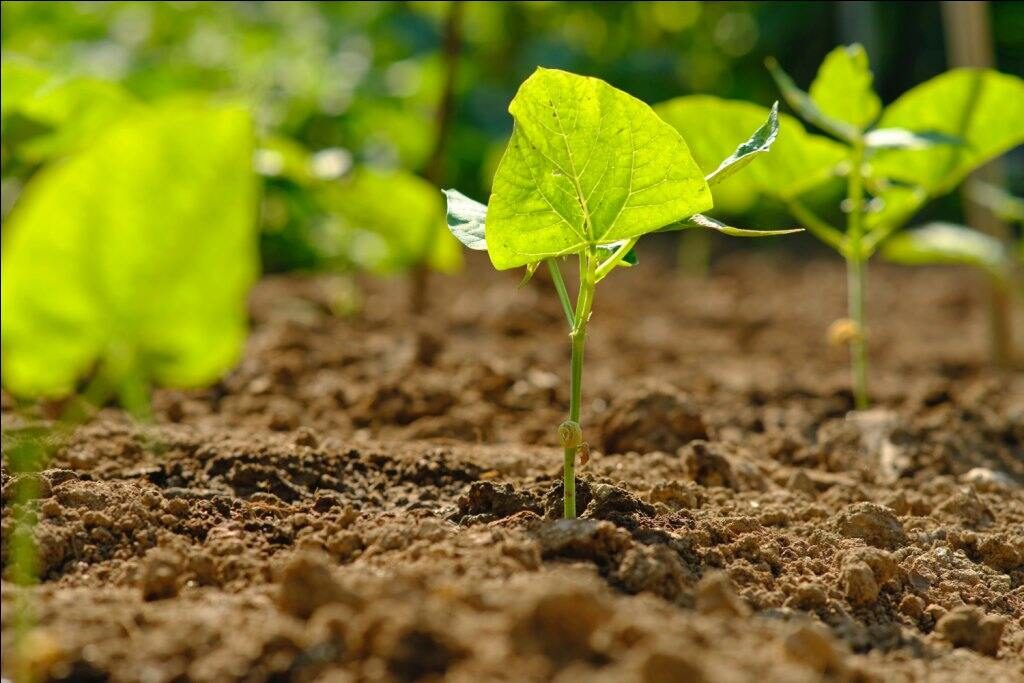There is an “urgency” to save our planet which is dying, which is experiencing a loss of breath, all thanks to us – humans. To save Mother Earth, which is our only home, we need to wake up and act today. To start with, we can opt for habits that are environment-friendly or sustainable in our day to day lives. We should also be vocal about the same on platforms like the media and social media, to encourage and inspire others to take up sustainable practices in their daily lives and contribute in making our planet greener.
But how to adopt sustainable practices in daily life? What should we do in our day to day lives to protect the environment? On World Environment Day 2024, The CSR Journal offers a few green suggestions, by following which you can contribute in saving the planet.
Reduce, Reuse and Recycle
Practicing ‘Reduce, Reuse and Recycle’ in day to day life can be a boon for our environment. This is because the three Rs help reduce the amount of waste that goes into landfills, conserve natural resources, save energy, and reduce greenhouse emissions.
How to implement this in our daily lives? Very simple! If your wall clock, table lamp, television, refrigerator, microwave oven is not functioning properly, instead of simply rejecting these for new ones, you can get it repaired. Old rejected clothes can be reused to make something useful like kitchen dusters and carry bags for the market.
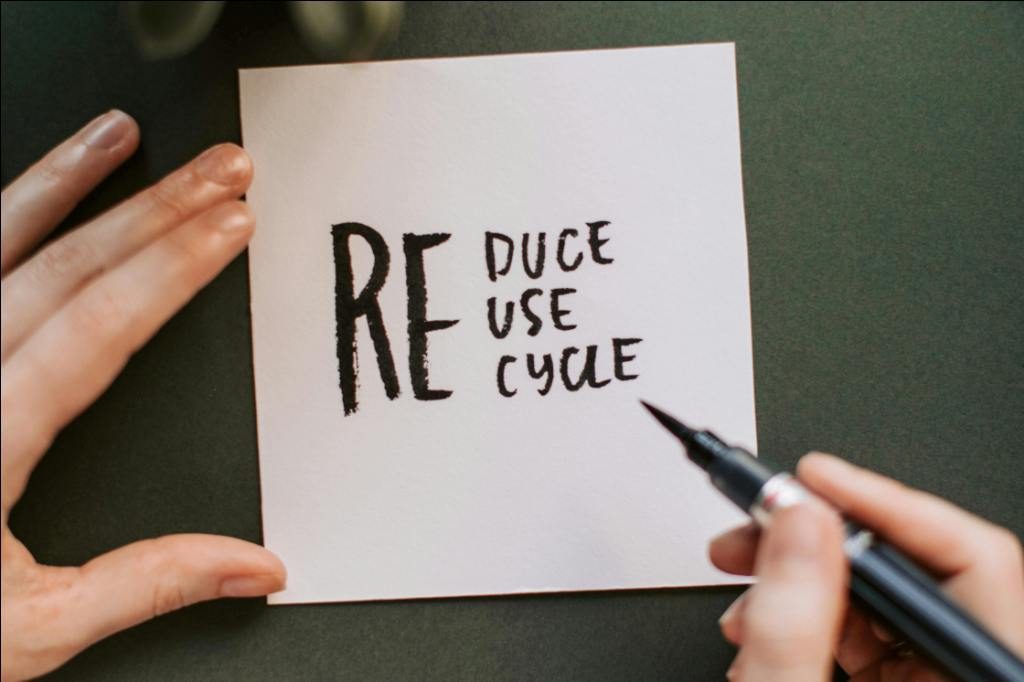
Recycling all kinds of waste is the need of the hour if you want to save the environment. It is important to teach your children, family members and domestic help to segregate dry and wet waste at home so that it can be recycled. Switch from single-use to reusable products every chance you get — every piece of plastic avoided contributes in saving our planet.
Say ‘NO’ to plastic
If you wish to save the environment, it is time to act today, it is time to act now and the most important thing which needs to be done with immediate effect is saying ‘NO’ to plastic. Unlike other materials, plastic does not biodegrade. It can take up to 1,000 years to break down, so when it is discarded, it builds up in the environment until it reaches a crisis point. This pollution chokes marine wildlife, damages soil and poisons groundwater, and can cause serious health impacts, warns the United Nations (UN).
Plastic never goes away. At least 14 million tons of it ends up in the ocean annually, making up 80% of all marine debris. Every year thousands of seabirds, sea turtles, seals and other marine mammals are killed after ingesting plastic or getting tangled up in it.
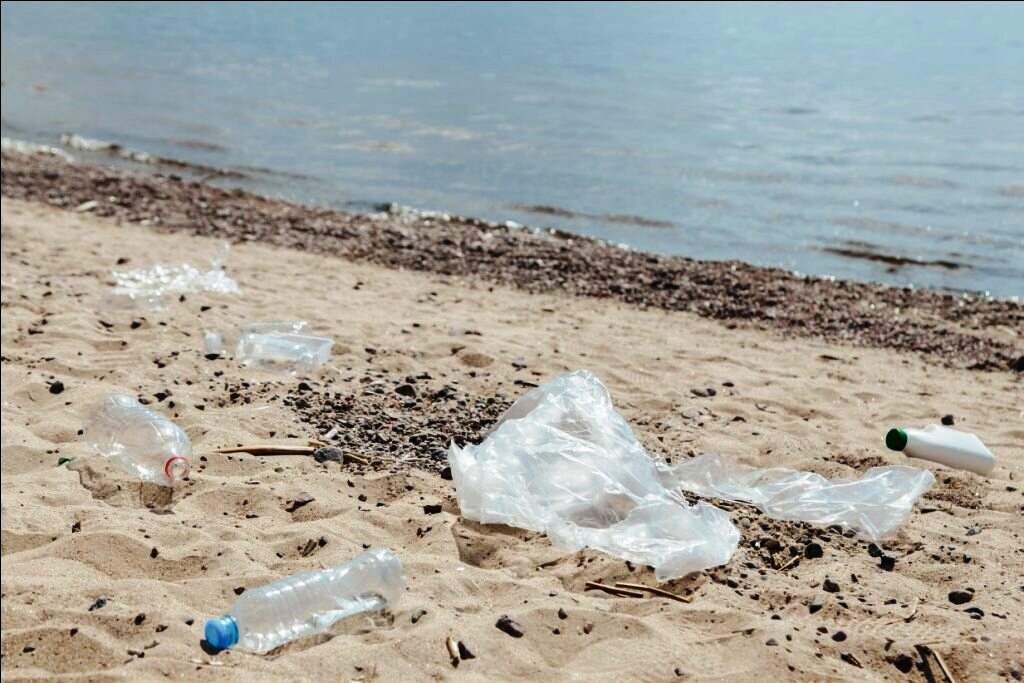
Studies show that North American office-goers collectively throw away 2.5 million plastic bottles every hour. This practice needs to be stopped immediately by adopting the idea of reusing. If we are keeping a steel, bronze or glass water bottle in the office and refilling it from the office water filter as many times a day as we wish, then there is no need to buy and use plastic water bottles. The same can be applied for food, stop bringing your tiffin in plastic containers. Also, consuming food or water from any kind of plastic containers or bottles is harmful for our health.
For avoiding plastic use at home, the first thing that needs to be done is to take a carry bag with you every time you visit the market. Avoid products made from or packaged in plastic whenever possible. This way, you will discourage the shopkeeper to pack your fruits, vegetables etc. in single use plastic bags. Plastic cutlery should be avoided altogether, say ‘NO’ to cutlery if you are ordering food online at home, even if they are offering sustainable ones, instead you can use your own steel cutlery.
Do not waste food
First of all, it is necessary to stop wasting food as millions of people go hungry every day across the world. For parties hosted at home and workplace, we can always try to pack the leftover food in containers and tiffin boxes (avoid using plastic ones) and carry it home or distribute it to the needy.

While packing tiffin for work, pack only as much as you will eat, this way, the leftover food will not be wasted. While buying grocery, we can purchase vegetables if possible everyday in smaller quantities which will reduce food wastage. Hence, with a little extra effort, we can also reduce the food that ends up in landfills. Reducing waste will not only protect the environment but will also save on costs or reduce expenses for disposal.
Also, it is very important to manage your waste. There should be separate bins to encourage waste segregation both at home and workplace. For example, carbonated beverage cans, which we use both at home and work are made of aluminum and can be recycled.
Go paperless
By reducing the amount of paper used, going paperless can help to reduce the amount of waste produced. This in turn will reduce the pressure on waste management and recycling systems. Paperless processes also help to reduce transportation emissions, eliminating the need to transport and ship physical paper documents.
We can go paperless in our day to day life both at home and workplace if we wish to. At home, we can opt for e-statements of our electricity bills, cooking gas bills, phone bills etc. We can use digital notes instead of using paper notebooks.

At workplace, it is important to reduce and if possible avoid taking printouts. When necessary, use both sides of a paper while printing documents. Paper copies can be replaced with cloud-based storage, finance can be managed digitally, start using digital signatures, avoid using paper logbooks, donate end of life computers to the needy and recycle e-waste. You can always encourage colleagues at workplace to go paperless: Taking digital notes and sharing the presentation a day in advance instead of printing multiple copies of the same for everyone for meetings can be a good step towards sustainability.
Save water
The earth is drying up. Glaciers are melting and natural water reservoirs are drying up due to climate change. So, it is high time we act to save water. Avoid wasting water as much as you can. Remember, every drop of water counts.
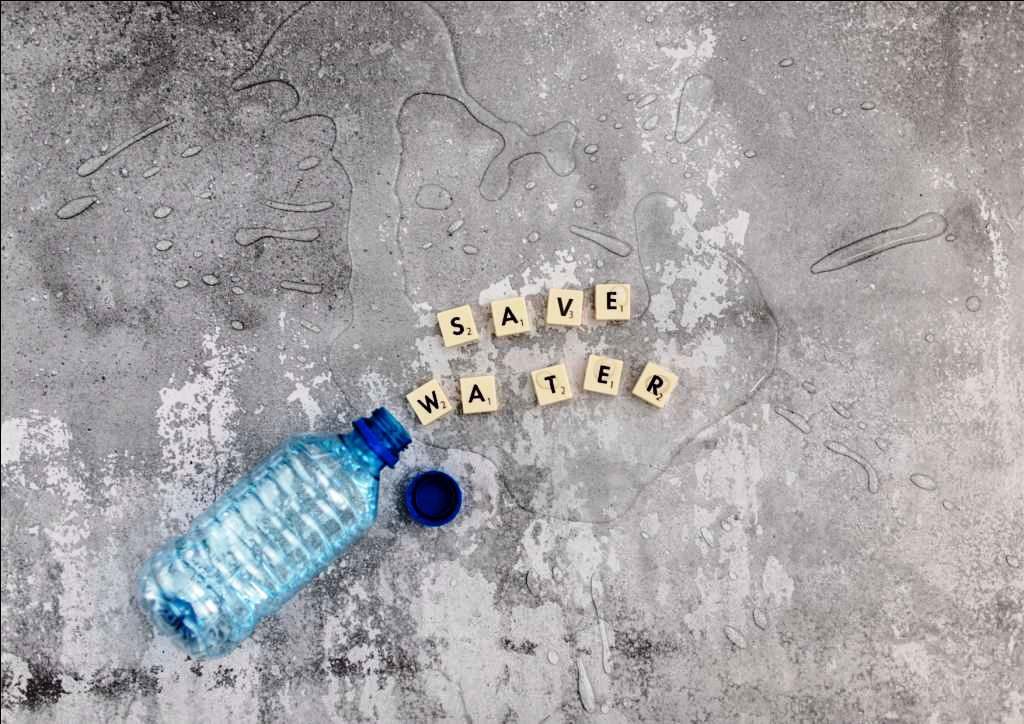
Just a few changes in our basic day to day habits can make a big contribution. We can save water at home by checking for leakage in our taps and bathroom and getting them fixed at the earliest. We can turn off the tap while shaving, applying facewash on our face or brushing our teeth and turn it on only after we are done. While taking a bath, we can opt for shorter showers, it is recommended to install water-saving shower heads or flow restrictors in the washroom. Those using a bathtub can make it partially full to avoid water wastage.
Eat organic and seasonal
It is necessary to go organic and seasonal produce, especially in matters concerning our diet. Organic food has less impact on the climate – reduces food packaging and waste, uses less chemicals, saves water and lowers energy use and emissions. Organic products reduce our exposure to toxic and persistent chemicals and pesticides in fruits, vegetables and cereals, such as calcium carbide which is used to artificially ripen fruits in India.

Last year, the Food Safety and Standards Authority of India (FSSAI) prohibited the use of Calcium carbide also known as ‘Masala’ as a ripening agent for artificial ripening of the fruits in India. However, despite the above directions it has been brought to the notice of FSSAI that the traders/handlers are still indulging in use of prohibited material i.e. Calcium Carbide or are using the approved sources of ethylene gas in an incorrect manner like dipping the fruits in ripening agent solutions which may render the fruits unsafe for human consumption. Hence, while buying fruits from the market or purchasing online, it is safer to opt for the organic ones.
Organic food is often more fresh because it doesn’t contain preservatives that make it last longer. Organic farming is better for the environment. If you are a non-vegetarian, then you must know this that organically raised animals are not given antibiotics, growth hormones, or fed animal byproducts.
It is necessary to eat seasonal produce if you wish to save the environment. Almost one-fifth of greenhouse gas emissions are generated by transportation, which can be avoided if we buy seasonal produce.
Sustainable clothing
We should wear clothes made from lower-impact materials and with minimal packaging and shipping. We should avoid the rapidly popular trend of fast fashion and say NO to animal-based textiles. The fast fashion industry is a significant contributor to the climate crisis, responsible for as much as 10% of global carbon emissions. Animal-based textiles like wool are responsible for water pollution, widespread habitat loss from deforestation, and other harms to wildlife.
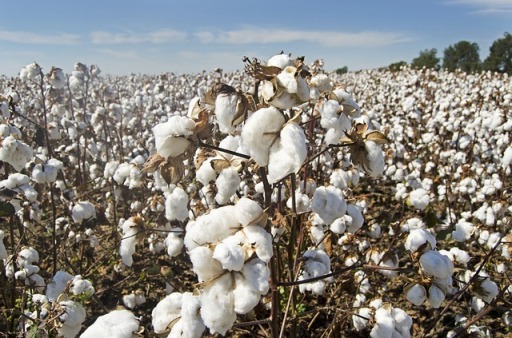
We can keep repeating our clothes as long as they are in a wearable condition instead of rejecting them for newer ones. Small tears here and there can be stitched just like our parents’ and grandparents’ generation did! We can purchase clothes made of sustainable materials like organic cotton, organic silk, cashmere wool or Tencel. Not just clothes, we should choose sustainable fabric like cotton when it comes to choosing our curtains and bed linen also.
Use Public transport, EV
Fossil-fueled transportation emissions create greenhouse gases, smog, soot and other harmful air pollution. Travelling by public transport is a sustainable choice any day. A recent study showed that individuals in the European Union who gave up private car ownership were able to reduce their carbon footprint by 40%. For those who are unable to travel by public transport, carpooling can be a greener choice. Sharing rides, using public transport when possible, and living closer to your place of work to walk or bike are all ways of contributing to lower emissions while cutting costs.
When you are buying a car or two-wheeler, make a greener choice, buy an EV.
The Brihanmumbai Electric Supply & Transport Undertaking (BEST) has started running EV buses across Mumbai and its suburbs. At least one in five BEST buses running across the city are now electric, as per news reports.
Plant trees
Finally, plant trees if you wish to save our planet. Trees help clean the air we breathe, filter the water we drink, and provide habitat to over 80% of the world’s terrestrial biodiversity. Forests absorb harmful carbon from the atmosphere, and are key ingredients in 25% of all medicines. So, to keep our upcoming generations breathing, we should make the planet greener by planting trees whenever and wherever we can.
If you intend to plant trees, you don’t always need to spend money and buy saplings. For example, if you are eating a mango, just throw the seed on the soil and pour water on it every day, within a few days, a sapling will be born. Similarly, by scattering red chilli and coriander seeds, we can give birth to green chilli plants and coriander plants.
Ahana Bhattacharya can be reached at ahana@thecsrjournal.in




